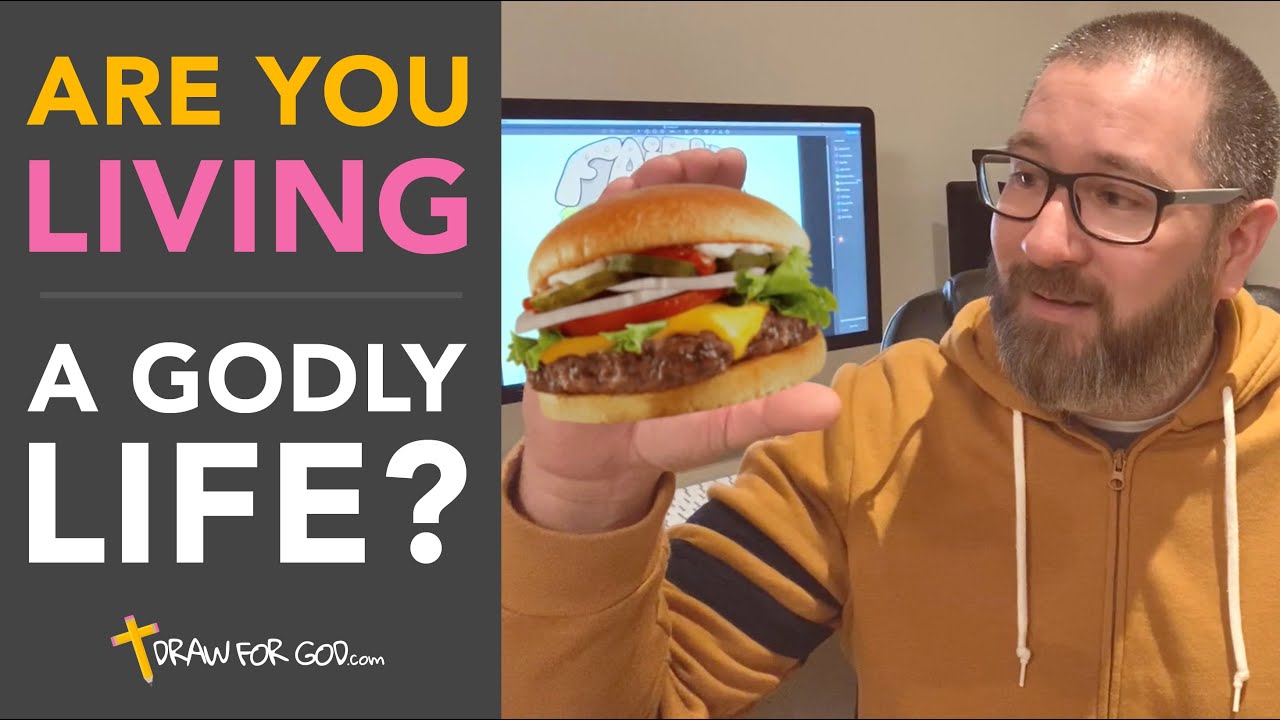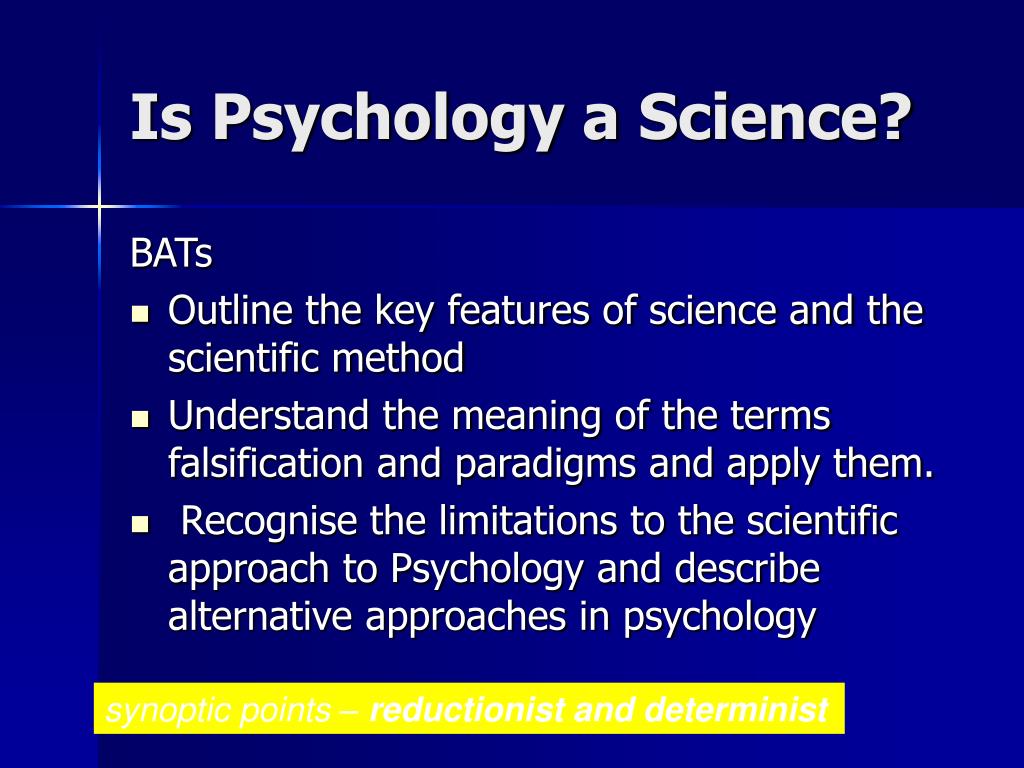The Origins of Religious Belief: Human Creation or Divine Revelation?
The origins of religious belief: human creation or divine revelation?
Whether religion is man make or divinely inspire stand as one of humanity’s virtually enduring philosophical inquiries. This fundamental question shape how we understand the nature of faith, spiritual experience, and religious institutions throughout human history.
Historical perspectives on religious origins
Religions have existed ialmost everyry human society throughout record history. Archaeological evidence reveal religious practices date stake astatine least 40,000 years, with burial rituals suggest belief in an afterlife. These universal patterns prompt us to consider whether religion emerge from inherent human needs or external divine sources.
Ancient civilizations from Mesopotamia to the Indus valley develop complex religious systems that explain natural phenomena, establish moral codes, and provide meaning. These early religious expressions show remarkable similarities across isolated cultures, which some interpret as evidence of universal human psychological needs and others as signs of divine revelation manifest across different societies.
The anthropological view: religion as human construction
Anthropologists and sociologists oftentimes approach religion as a cultural creation that serve specific social functions. Émile Durkheim, a foundational sociological thinker, propose that religion fundamentally represent society worship itself, create social cohesion and share values.
From this perspective, religions emerge as powerful tools for:
- Explain natural phenomena that early humans couldn’t differently understand
- Provide psychological comfort in the face of mortality
- Establish social order and moral frameworks
- Create community identity and solidarity
- Legitimize authority structures and power hierarchies
The anthropological view doesn’t inevitably reject the possibility of divine reality but focus on observable social and psychological patterns that shape religious expression.
Evolutionary psychology and religion
Modern evolutionary psychologists suggest that religious thinking may have provided survival advantages to early human groups. Our brains evolve pattern recognition capabilities that sometimes detect agency and intention where none exist – a tendency cal” hyperactive agency detection. ” This cognitive bias might explain why humans across cultures promptly perceive supernatural beings and forces.
Some key evolutionary explanations include:

Source: theghousediary.blogspot.com
- Religious communities promote cooperation and prosocial behavior
- Belief in watchful supernatural beings discourage antisocial behavior
- Religious rituals reduce anxiety and provide psychological benefits
- Shared religious beliefs strengthen group bonds against outside threats
These explanations suggest religion emerge course from human cognitive architecture preferably than external divine sources.
The theological perspective: divine revelation
Religious traditions themselves typically maintain that their origins lie in divine revelation instead than human invention. From this viewpoint, humans didn’t create religion – quite, divine reality disclose itself to humanity through various means:
- Direct revelation to prophets and messengers
- Sacred texts inspire by divine wisdom
- Mystical experiences reveal transcendent truth
- Divine incarnation or manifestation in human form
Theologians argue that the universal human tendency toward religious belief reflect an innate spiritual sense or” scensusddivinities”” at enable people to perceive divine reality. In this view, religious diversity results from cultural interpretations of genuine divine encounters quite than pure human invention.
Common arguments for religion as human creation
Those who view religion as principally homo make point to several compelling observations:

Source: quoteslyfe.com
Cultural and historical context
Religious beliefs intimately reflect their cultural and historical contexts. Gods of agricultural societies oftentimes control fertility and harvests, while nomadic peoples typically worship deities associate with movement and natural forces. This cultural shaping suggest human origins instead than universal divine revelation.
Evolution of religious ideas
Religious concepts evolve over time in ways that track human social development. Early religions focus on appease nature spirits and ancestors, while later traditions develop more complex theological systems. This evolution parallel human social complexity quite than suggest complete divine revelation from the start.
Psychological needs
Religions address universal human psychological needs for meaning, comfort, and understanding. The fear of death, desire for justice, and need for moral guidance all find answers in religious systems. This perfect fit with human psychology suggest religions were shape by these needs.
Social control
Throughout history, religious institutions have oftentimes aligned with political power structures. This convenient arrangement has oftentimes reinforce social hierarchies and justify exist power dynamics. Critics suggest this pattern reveal religion’s function as a tool for social control kinda than divine truth.
Arguments support divine origins
Those who believe religions stem from divine revelation offer these counterpoints:
Universal religious experience
Mystical and religious experiences share remarkable similarities across cultures and time periods. These profound encounters with ostensibly transcendent reality occur in all societies and oftentimes transform individuals in positive ways. The consistency of these experiences suggest they may connect with something beyond human invention.
Moral transcendence
Religious traditions often promote moral ideals that transcend immediate self-interest and cultural norms. Concepts like universal compassion, self-sacrifice, and unconditional love appear across religious traditions and sometimes challenge prevail cultural values. This transcendent quality suggest inspiration beyond strictly human concerns.
Explanatory power
Religious frameworks provide coherent explanations for fundamental questions about existence, consciousness, and mean that strictly materialistic accounts struggle to address. While not scientific explanations, these frameworks offer interpretive systems that many find intellectually and emotionally satisfying.
Transformative impact
Religious faith incontrovertibly transforms individuals and communities in ways thatcan’tt be reduced to psychological or sociological factors solitary. Profound personal conversions, moral reformation, and spiritual growth suggest engagement with something beyond human construction.
The middle ground: co creation perspectives
Some theological and philosophical approaches suggest a middle path between the extremes of” wholly homo make ” nd “” rictly divine revelation. ” theTheserspectives see religion as a co creative process involve both human interpretation and genuine encounter with transcendent reality.
Religious naturalism
Religious naturalism suggest that spiritual experiences connect with real aspects of the natural world quite than supernatural entities. From this perspective, religious feelings respond to actual features of reality – like the wonder of existence or the interconnectedness of life – evening if traditional interpretations involve supernatural frameworks.
Cultural linguistic approach
The cultural linguistic approach see religions as comprehensive interpretive frameworks or” languages ” hat shape how people experience reality. These systems aren’t arbitrary human inventions but culturally evolve ways of perceive and respond to genuine dimensions of human experience, include encounters with what feel like transcendent reality.
Process theology
Process theology suggest divine reality influence human experience through persuasion quite than coercion. Religious traditions emerge through an ongoing dialogue between human creativity and divine inspiration, with neither entirely control the outcome. This approach acknowledge both human and divine contributions to religious development.
Scientific studies of religious experience
Modern neuroscience and psychology have begun study religious experiences empirically, yield fascinating insights:
- Brain imaging reveal distinctive patterns during meditation, prayer, and mystical states
- Religious practices affect neurochemistry in ways that can reduce stress and anxiety
- Certain brain regions associate with self awareness show reduce activity during deep religious experiences
- Twin studies suggest some predisposition toward spirituality may have genetic components
These findings don’t resolve whether religion is homo make or divinely inspire, but they do illuminate the biological mechanisms involve in religious experience. Both religious and secular interpretations of this evidence remain possible.
Philosophical implications
The question of religion’s origins raise profound philosophical issues about knowledge, truth, and human nature:
Epistemic limitations
Can humans definitively determine whether divine reality exist? Our cognitive tools evolve principally for survival in the physical world, potentially limit our ability to perceive non-physical realities if they exist. This inherent limitation mean both religious and secular perspectives require some degree of epistemic humility.
The nature of truth
Religious claims involve different types of truth than scientific propositions. While science seek empirical, falsifiable statements about physical reality, religions frequently make interpretive, meaning orient claims about value, purpose, and ultimate reality. These different truth domains may complement quite than contradict each other.
Pragmatic considerations
William James suggest evaluate religious beliefs partially by their practical effects on human flourishing. From this perspective, the origins of religion matter less than its fruits in human life. A religion might originate in human psychology, yet stillness connect people with genuine meaning and value.
Personal considerations
For individuals contemplate whether religion is homo make or divinely inspire, several approaches may prove helpful:
- Examine your own experiences with an open but critical mind
- Study diverse religious traditions to identify patterns and differences
- Engage with both religious and secular perspectives on religious origins
- Consider which explanatory frameworks best account for the full range of human religious experience
- Recognize that certainty may not be possible on questions of ultimate origins
Conclusion: beyond simple answers
The question” is religion man make? ” fFinallyresist simple yes or no answers. Religious phenomena distinctly involve human psychology, cultural patterns, and social functions – yet for many believers, they likewise reflect genuine encounters with transcendent reality.
Peradventure the virtually balanced approach recognize both the undeniable human elements in all religious traditions and the possibility that these traditions respond to something beyond human invention. The universal human tendency toward religious thinking and experience remains remarkable disregardless of its ultimate source.
Whether one conclude religion emerge completely from human needs or represent divine human interaction depend partially on one’s start assumptions about reality. Both perspectives can be hold with intellectual integrity, and both require a degree of faith – either in strictly natural explanations for religious phenomena or in the reality of divine presence behind them.
This enduring question continues to inspire philosophical, scientific, and theological exploration, enrich our understanding of both human nature and the possibility of transcendent reality.



